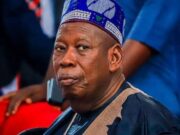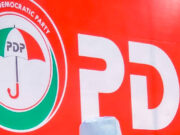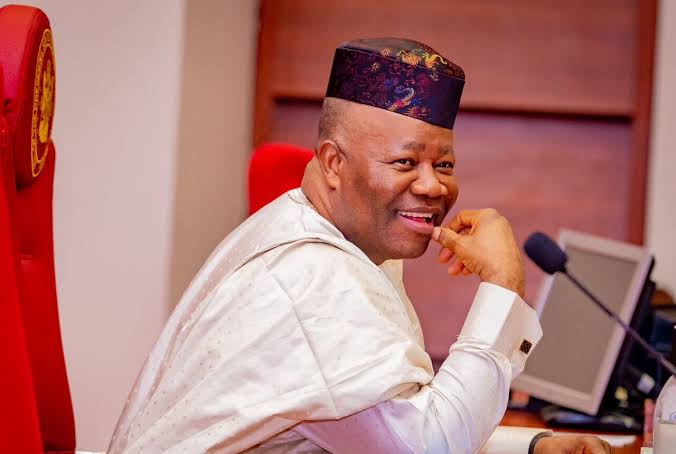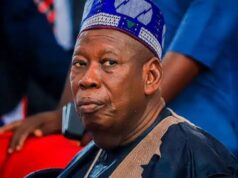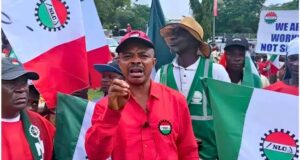The Senate has suspended further proceedings on the controversial Tax Reform Bills following strong public opposition and objections from Northern Governors, who have criticized the bills as “anti-democratic.”
The decision to halt the bills was announced by Deputy Senate President Jibrin Barau during Wednesday’s plenary session.
Barau explained that the Senate Committee on Finance had been instructed to cease public hearings and deliberations on the bills until the concerns raised by various stakeholders are adequately addressed.
Additionally, the Senate has established a special committee tasked with engaging the executive branch to resolve the contentious issues surrounding the proposed reforms.
The bills under review include:
A Bill to establish the Joint Revenue Board, Tax Appeal Tribunal, and Office of the Tax Ombudsman to harmonize and coordinate revenue administration in Nigeria (2024).
A Bill to repeal the Federal Inland Revenue Service (FIRS) Act and establish the Nigeria Revenue Service, responsible for the assessment, collection, and accounting of revenue (2024).
A Bill to define the powers and functions of tax authorities at federal, state, and local levels and establish a framework for revenue collection (2024).
A Bill to repeal certain tax laws and consolidate the legal frameworks into the Nigeria Tax Act, covering taxation of income, transactions, and instruments (2024).
The proposed reforms aim to overhaul Nigeria’s tax system, but they have sparked opposition, particularly regarding the value-added tax (VAT) derivation formula, which critics argue could disadvantage northern states.
Northern governors, led by Borno State Governor Babagana Zulum, have voiced strong objections, warning that the bills could harm the northern economy.
In response to these concerns, the National Economic Council (NEC), chaired by Vice President Kashim Shettima, recommended the withdrawal of the bills for further consultations.
Oyo State Governor Seyi Makinde, speaking on behalf of the NEC, emphasized the need for wider consensus, highlighting that certain aspects of the bills are unacceptable to some regions of the country.
Following the backlash, the Senate invited President Tinubu’s Economic Team, including Taiwo Oyedele, Chairman of the Presidential Committee on Fiscal Policy and Tax Reforms, and Zacchaeus Adedeji, Chairman of the Federal Inland Revenue Service, to provide clarifications.
Despite their explanations, doubts remained, prompting the Senate to call for further dialogue.
Deputy Senate President Barau reaffirmed the Senate’s role in fostering national unity, stating, “We have decided to set aside politics, ethnicity, and regionalism to resolve the issues surrounding the tax reform bills.
In collaboration with the Executive, we will establish a forum to identify and address contentious areas to ensure national unity.”
Barau also confirmed that the Attorney General of the Federation would be involved in discussions to resolve any legal issues related to the bills.
The special committee, consisting of Senate leadership and prominent members such as Adamu Aliero, Orji Kalu, Seriake Dickson, and Sani Musa, is set to meet with the Attorney General on Thursday to work through the issues.
The Senate reiterated its commitment to supporting President Bola Tinubu’s economic reforms while ensuring that no new policies add to the nation’s current economic challenges.


